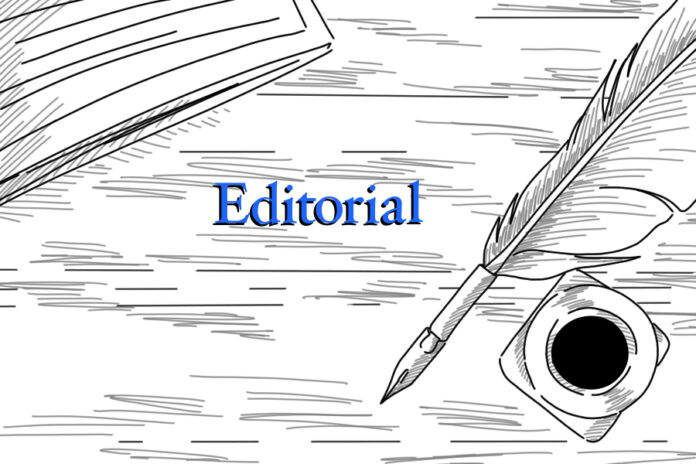Prioritize your mental and physical health during this time, save the next Great American novel for later
California and many other states have been under shelter-in-place orders for a few weeks now, and with the transition to remote learning and teleworking, there seems to be more hours in the day. With those extra hours, some people have taken up new hobbies or re-ignited old passions. And everyone seems to be baking bread — three of the Editorial Board’s members have literally succumbed to the urge to bake bread.
“As the coronavirus outbreak has brought life largely indoors, many people are feeling pressure to organize every room in their homes, become expert home chefs (or bakers), write the next “King Lear” and get in shape,” The New York Times succinctly sums up. “The internet — with its constant stream of how-to headlines and viral challenges — has only reinforced the demand to get things done.”
But with all of the baking, exercising or dedicated craft time, we find it necessary to reinforce that even with extra downtime, no one is expected to be hyper-productive nor on their grind. It is important to prioritize mental and physical health, both of which may be seriously impacted during this pandemic. “The reason you are so exhausted is because you are busy trying to survive a traumatic situation,” said Rabbi Danya Ruttenburg via Twitter. Navigating and understanding this pandemic is exhausting, and no one should feel the pressure to run a 5K during what would have been their daily commute.
Some of this exhaustion might be from the grief that we are collectively feeling.
“We’re feeling a number of different griefs,” detailed David Kessler to the Harvard Business Review. “We feel the world has changed, and it has. We know this is temporary, but it doesn’t feel that way, and we realize things will be different. The loss of normalcy; the fear of economic toll; the loss of connection. This is hitting us and we’re grieving. Collectively. We are not used to this kind of collective grief in the air.”
UC Davis students, in particular, may be grieving the loss of Spring Quarter activities, commencement or internships. They are readjusting to their childhood bedrooms and worrying about how next month’s rent is going to be paid — all of this is on top of what they may already struggle with on a normal day.
This grief can be a lot to process, accept and work through. This current pandemic forces all of us to actively survive a traumatic situation, so we must all find our own ways to process and cope. It is important to remain gentle with ourselves and figure out how to best succeed under the circumstances. If that means taking up a new hobby to keep your mind distracted, great, but if that also means just being proud of getting the bare minimum accomplished, that is also great. It can be difficult to actively reject the capitalist, productive and “always-on work culture” to which we have become so accustomed.
Many students have expressed frustration that their classes seem to be harder with remote learning. Adjusting to remote learning takes time and patience. It is important to remember that we are not working or learning from home — we are at our homes during a crisis trying to work and learn. For students who are at home with their families that need them or have jobs that need hours entered: Be especially kind to yourselves.
It’s also important to remind ourselves that any feelings of boredom we have are a privilege. There are those who have lost their livelihoods and are struggling to afford a home in which to be bored. And every day, thousands of healthcare workers and other “essential” workers risk their lives to combat the spread of COVID-19 and keep society afloat. So regardless of your situation, understand that no one is expected to write the next Great American novel while sheltered-in-place.
Written by: The Editorial Board










